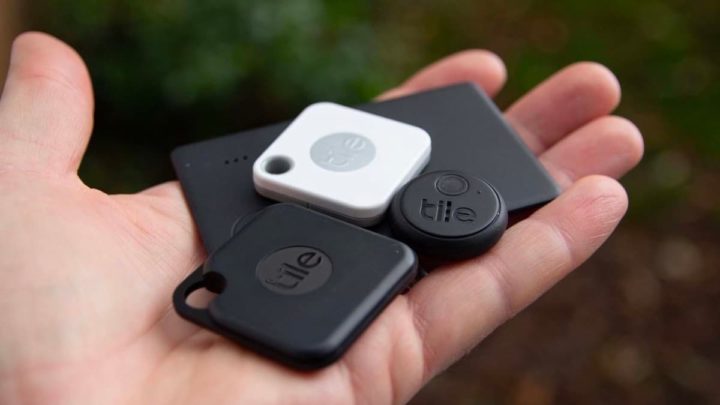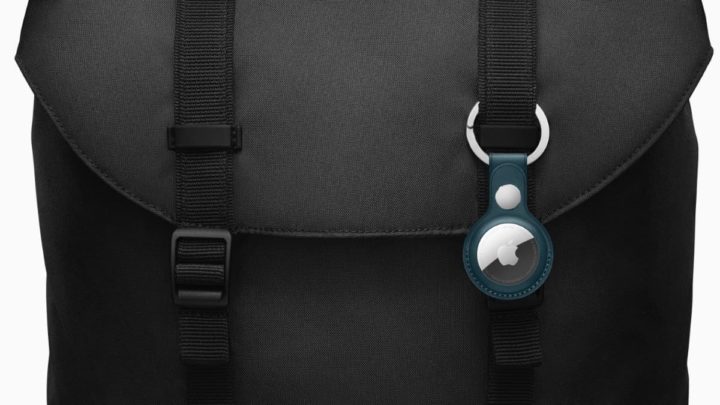Apple yesterday released a device that will change the way we spot lost or stolen things. Although the Find app already exists on Apple devices, the Cupertino company wanted to go ahead and create the Find Network. These locator tags are not an innovation. Tiles, for example, have been around for years, but Apple has its biggest asset: a gigantic network of users.
In addition to launching its GPS device, the company has invited third parties to join the network. One of the important things Players From this part, Tile, appears afraid of competition and wants the authorities to understand if the competition is unfair.
The tiles fear Apple's competition with AirTags
Imagine millions of iPhones and iPads around the world. Now imagine AirTags locate tags, Among other Search Network compatible devices, it "clings" to the most diverse objects. Isn't it easier to find what we lost?
Along the same lines, there are other solutions, for example, Tile labels. However, they will have much less activity, far fewer users and a much smaller community. Now, this device is a success in the community. The more users who can act as a "bridge" between the missing object and the platform that tells us where the object is ... the better.
So here it will be difficult to beat Apple, even because the company really wants it Expand your business to include Android smartphones Resorting to technology NFC. As such, Tile is intimidated and wants the authorities to investigate whether Apple's action does not call for unfair competition.
Tile and Apple have been in a struggle for an arm in recent years, as Tile accuses Apple of unfair competition. Tile is also a founding member of Alliance for Justice Applications What is the The answer is judicial an Apple.
Tiles are not in the search network
Now that the California giant has officially unveiled its new finder tool, AirTag, the CEO of Tile says he would like to see Congress open an investigation into the launch of Apple AirTags into the market.
Notably, before Apple announced its object finder, it was given the opportunity to third parties to join the Find My network. However, the first three to join were Belkin, Chipolo, and VanMoof. Depending We have already mentioned, Chipolo was the first third-party object finder to run on the Apple Find platform. This means that Tile will face many challenges to file complaints Antitrust masked.
We accept competition as long as it is fair competition. Unfortunately, given Apple's well-documented record of using its platform feature to unfairly curb competition with its products, we doubt this.
Tile CEO CJ Prober said in a statement to TechCrunch.
Interestingly, Apple AirTags start with Almost the same price That locator Pro do Tile And of course, it offers native integration with iOS / macOS.
AirTags will be an accessory that you can have with your stuff
Apple is betting heavily on this new device chip. In addition to expanding it to third parties and possibly Android assisting detection, the company wants its own device everywhere. In fact, if we look at what the brand has said, this is a device with a "lightweight and long-lasting design" that relies on two important factors: water resistance and a user-replaceable battery. Apple says the AirTags are rated IP67 for water and dust.
Apple also claims the AirTag provides "more than a year of battery life with daily use" and features a removable cover that makes it easy to replace the battery. The internal battery is CR2032, which is a standard coin cell battery.
Each AirTag is equipped with the Apple-designed U1 chip using ultra-wideband technology. This enables accurate positioning of iPhone 11 and iPhone 12 users. This advanced technology can more precisely determine the distance and direction of the AirTag lost when within range.
As the user moves, a file is created Find the accuracy It integrates a camera gateway, ARKit, celerimeter, and gyroscope and then directs the user to the AirTag using a combination of sound, touch sensation, and visual feedback.
AirTag includes support for the accessibility features built into iOS. The precise location uses VoiceOver, for example, to direct blind and partially sighted users to the AirTag with instructions such as "AirTag is 2.7 meters to your left."
Also read:

“Coffee trailblazer. Social media ninja. Unapologetic web guru. Friendly music fan. Alcohol fanatic.”




